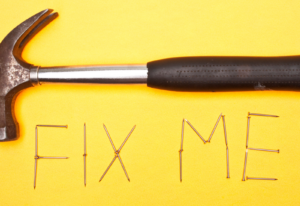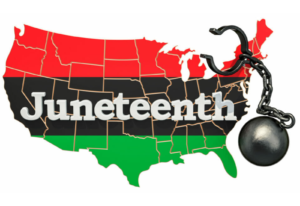Like all commercial litigation, cannabis business litigation is expensive and in most circumstances a party cannot recover its attorneys’ fees. The exception is where recovery is authorized by a contract or a statute. This post discusses how a party in commercial litigation—whether involving cannabis or not—can use an Offer of Judgment to leverage a more favorable settlement and potentially recover its attorneys’ fees.
The federal rules of civil procedure and most, if not all, state court procedural rules provide that party may make an Offer of Judgment. This post uses the federal rules of civil procedure as an example. The relevant rule is Fed. R. Civ. P. 68 and you can read more about offers of judgment here. (Disclaimer: State rules may not work the same as the federal rule).
Understanding what an Offer of Judgment is and how it works first requires understanding what a “judgment” is. A judgment is the court decision that settles the dispute between the parties. A judgment may occur (among other ways) as result of a motion to dismiss, or a motion of summary judgment, or after a bench or jury trial. In a case for money damages, the judgment will represent the decision on who is liable for paying damages to whom. When a party receives a judgment awarding it money damages, that party may seek to enforce the judgment, i.e. collect the money, in a variety of ways. A judgment typically brings a case to an end, absent a motion to vacate or appeal.
An Offer of Judgment is an “offer” by one of the parties in a lawsuit to allow judgment to be entered against it. Suppose that X sues Z for breach of contract for $100,000. And suppose the contract does not allow for the prevailing party to recover its attorneys’ fees, so that each side is presumptively responsible for paying its own legal costs, regardless of who prevails. Using an Offer of Judgment, Z may “offer” to allow a judgment against itself in favor of X for some dollar amount less than $100,000. For example, Z may offer to allow X to enter a judgment against Z in the amount of $35,000. If the offer is accepted, the case comes to an end and Z is liable to X for $35,000.
Why would a party ever offer to let judgment be entered against itself?
Because if X does not accept Z’s Offer of Judgment, and X recovers less than $35,000 at trial, then Z may recover from X all of its attorneys’ fees, costs, and disbursements incurred after the date the offer was made. These amounts may total tens of thousands of dollars (or more) and may even equal or exceed the actual damages. (Trials are expensive!)
Suppose, for example, Z does not dispute that is liable to X for $35,000 but X will not accept that amount as settlement. Or suppose Z calculates its likely legal expenses as $50,000 and wants to avoid the risk of a trial — where it might end up paying X $100,000 on top of the $50,000 it paid its attorneys. Z may make an Offer of Judgment early in the case so that, if Z’s estimate of damages is borne out later, Z may recover it’s attorneys’ fees, costs, and disbursements. On flip side, from X’s perspective, nobody wants to pay the other side’s attorneys’ fees, so the Offer of Judgment, even if not accepted, is a strong incentive for X to settle the case.
So by making an Offer of Judgment, a defendant is in a sense testing how strongly the plaintiff believes in its case. When a party making the Offer of Judgment does not have any counterclaims for money damages, an Offer of Judgment is a way to create financial risk for the plaintiff or counterclaimant and incentivize finding a resolution.
A party may make an Offer of Judgment any time after a lawsuit is commenced and, under the federal rule, must do so at least 14 days before trial. Notably, evidence of an unaccepted offer is admissible only to determine the costs of the action, and not for any other purpose. So a party who makes the offer need not worry about an unaccepted offer being used as an admission to prove liability.
So if your cannabis company finds itself in litigation, consider carefully how you may use an Offer of Judgment, or, alternatively, how one may be used against you.
For more practical litigation guidance, see:
- Our Cannabis Business Insurer Denied Our Claim. What’s Next?
- Reminder: The Parody Defense to Trademark Infringement is Tricky
- Cannabis Bankruptcy 101
- Cannabis Litigation: How Effective Are Motions to Dismiss?

























